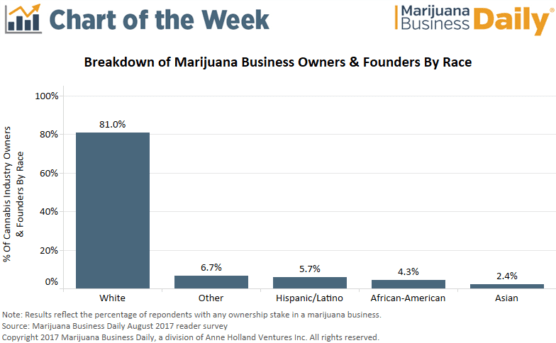By Bart Schaneman, John Schroyer and Omar Sacirbey
A new legal interpretation says marijuana consumption lounges don’t violate Nevada law, U.S. senators are calling for national cannabis testing protocols, and Maine releases draft rules for its recreational MJ industry.
Here’s a closer look at some notable developments in the marijuana industry over the past week.
Sin City consumption lounges
An independent legal agency’s conclusion that Nevada law doesn’t prevent marijuana businesses from establishing a public cannabis consumption lounge or hosting an event that allows recreational MJ use is “a big deal,” according to one industry watcher.
Though consumers who want to ingest cannabis before visiting a casino are more likely to turn to edibles or vape pens for discretion, public-use areas would allow them to openly smoke flower.
“The way the law is written, it says you may not consume marijuana in a public place,” said Connor, based in Henderson. “The question has been: What constitutes a public place?
“There’s been no clear definition as to whether a private lounge, for example, would be considered a public place.”
Connor referenced a private cigar bar, where membership is required, as an example of how marijuana consumption lounges could work.
Whether cannabis consumption lounges become reality in Nevada depends on the willingness of local governments to issue licenses for them. But Connor’s confident it will happen.
The roughly 40 million tourists a year visiting the Las Vegas Strip currently have no place to publicly smoke or vape cannabis.
“If you get caught smoking marijuana in a gaming facility, they have to kick you out,” Connor said. “Or they risk losing their license.”
But now, thanks to the new take on Nevada law, local governments have legal backing to allow consumption clubs.
“There’s going to be a clear, bright-line rule from the local government that will allow them to issue local licenses,” Connor said.
Daydreaming in the Senate?
Although a recent report from the U.S. Senate Appropriations Committee called on two federal agencies to develop a national testing program for marijuana products, at least one national cannabis advocacy organization said such ideas are far-fetched and “putting the cart before the horse.”
Morgan Fox, communications manager for Marijuana Policy Project, said he’s happy lawmakers are discussing cannabis policy, but the idea of a national testing program is largely unworkable.
“These guys want to try to do something that has a half-measure of legitimacy, without actually dealing with the real issues,” Fox said.
“If the federal government wants to get into the business of testing marijuana products, they should allow marijuana products to be sold legally in the states that agree to it. And that means ending federal prohibition.”
Fox said that even the possibility of putting together such a program would have tricky legal ramifications, given marijuana’s ongoing status as a Schedule 1 narcotic.
Instead of focusing on testing data, he said, federal lawmakers would be better served trying to reconcile the differences between federal and state law, which are still very much at odds when it comes to cannabis.
“Just the fact that they’re talking about it is a good sign,” Fox said. “I’m very, very hopeful that because people are discussing this that lawmakers are going to see the ridiculous disconnect between federal and state law and become more supportive of allowing states to determine their own programs.”
Whether the National Institute on Drug Abuse and the Drug Enforcement Administration actually collaborate on a marijuana product testing program will remain to be seen, Fox said, but he’s doubtful it will happen anytime soon.
Maine’s new draft bill
Maine lawmakers’ first draft bill of a recreational cannabis law includes a proposal to allow the eight dispensaries in the state to become for-profit entities.
Under the current medical cannabis law, they must operate as not-for-profits.
It’s a welcome change for Glenn Peterson – co-founder of the Canuvo dispensary in Biddeford – who says the not-for-profit status is unnecessary and hinders expansion.
“It hamstrings you if you’re trying to raise money for build-outs,” he said. “You have no equity to give anyone.”
The draft bill also would set the medical MJ tax rate at 5.5% and the recreational rate at 20%, which “should keep the medical program alive,” Peterson said.
Because municipalities can ban marijuana businesses, Peterson wishes the bill did more to incentivize local governments to accept them.
Under the bill, 5% of the revenue generated by the 20% tax in a municipality with a dispensary would go back to the town.
Peterson says that’s not enough and wishes the formula gave more marijuana-related tax revenue back to local communities. That way, more towns would be interested in hosting marijuana businesses.
“I can live with (the 20% tax) as long as it spurs the municipalities to be open-minded,” said Peterson, adding, “That’s not incentive enough, I’m afraid.”
Bart Schaneman can be reached at barts@mjbizdaily.com
John Schroyer can be reached at johns@mjbizdaily.com
Omar Sacirbey can be reached at omars@mjbizdaily.com




